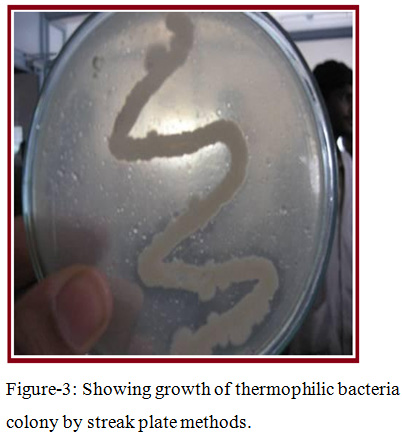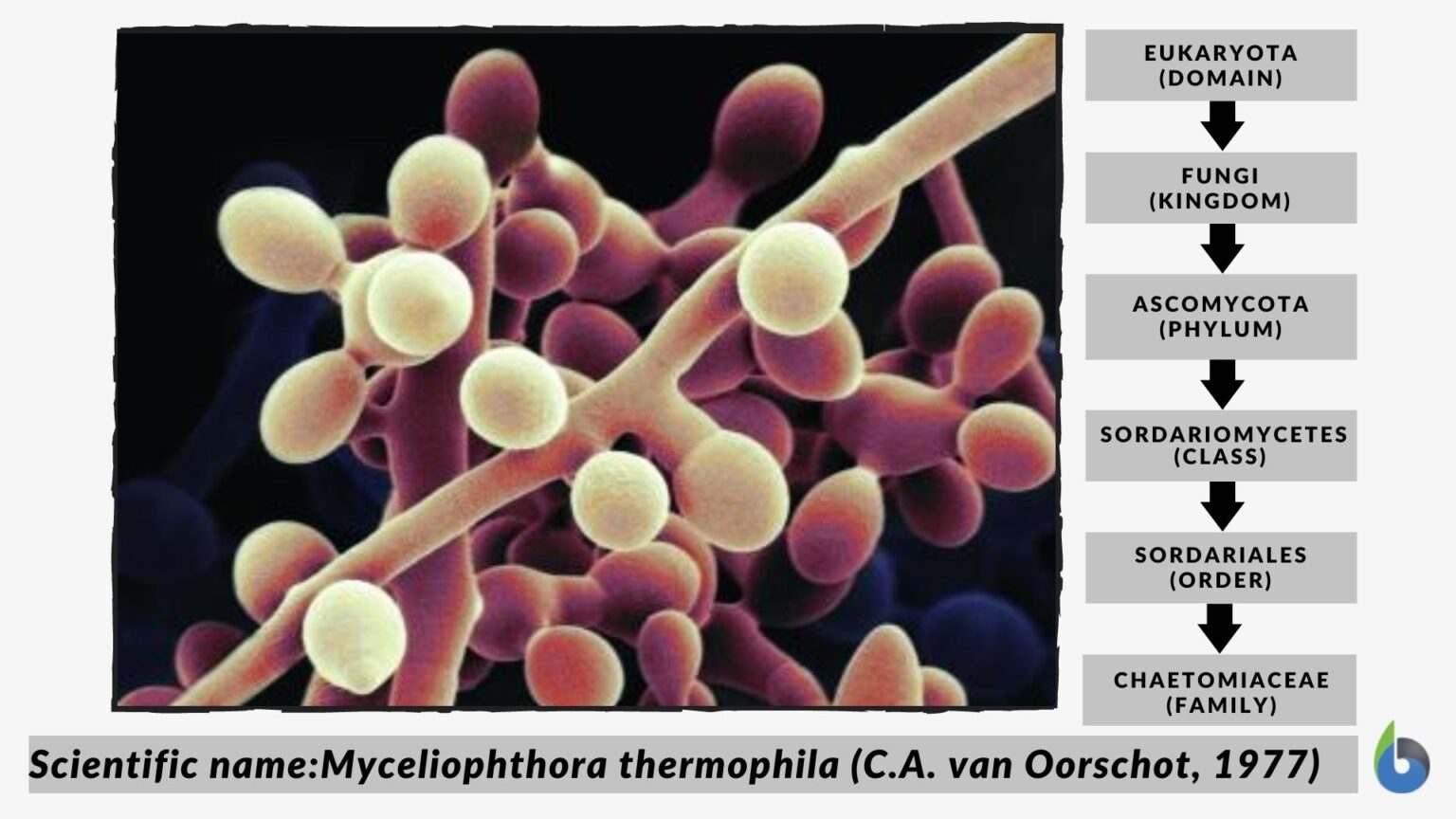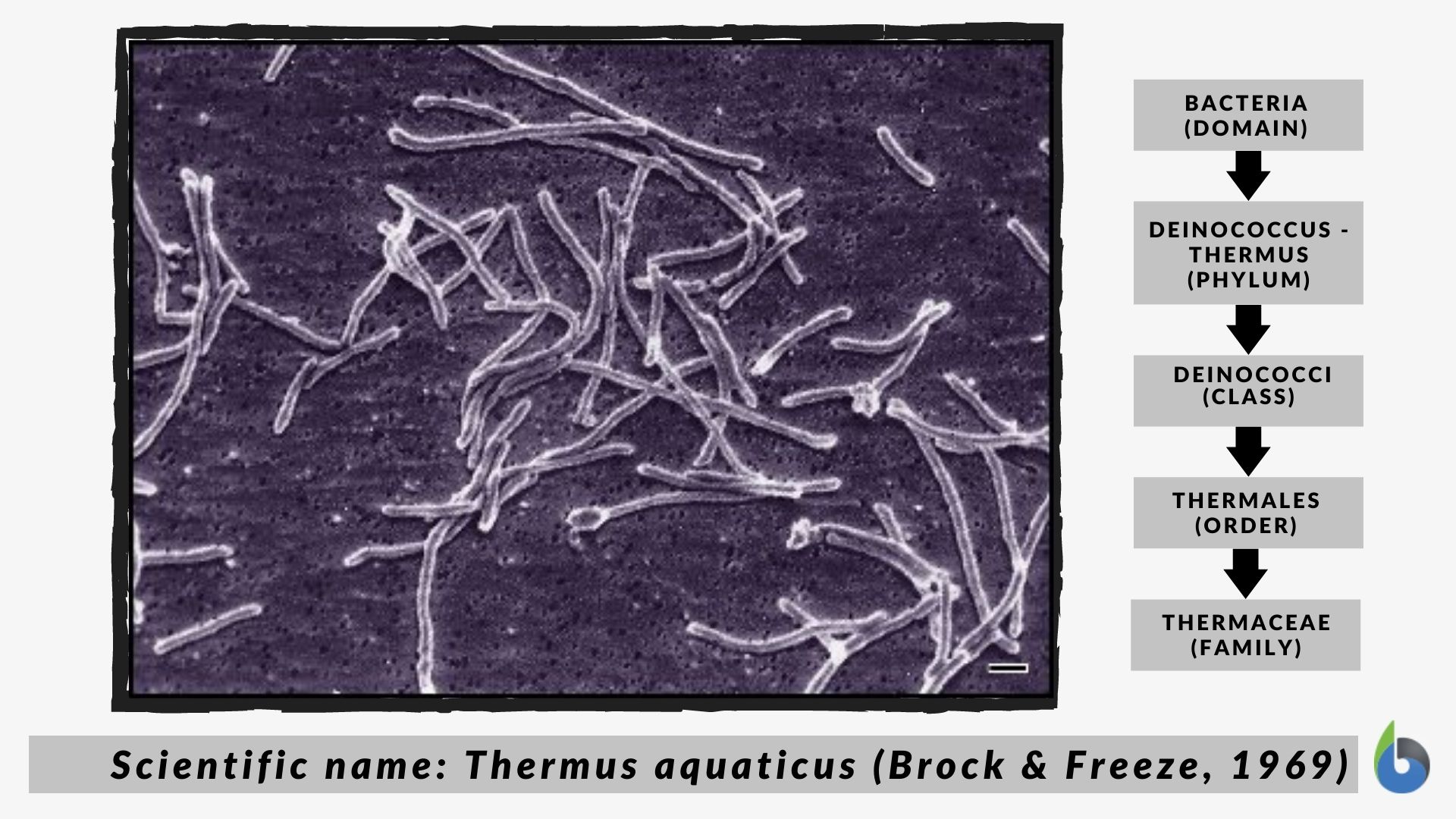Reference




Reference




Moonshot's Answer
The presence of thermophile bacteria in deep subsurface oil reservoirs has significant implications for the biogenic versus abiogenic oil debate. Thermophiles, such as Geotoga and Petrotoga, are found in these environments, suggesting a biogenic origin as they are likely descendants of surface organisms. However, the abiogenic theory posits that hydrocarbons form inorganically deep within the Earth's mantle, independent of biological processes. While the scientific consensus supports a biogenic origin for most petroleum, the discovery of thermophiles and their potential role in oil formation introduces complexity. These bacteria could contribute to the transformation and production of hydrocarbons, challenging the strict abiogenic view. The debate continues, with thermophiles potentially playing a role in both the biogenic formation and the maintenance of oil reservoirs' conditions. For more detailed exploration, refer to sources like JSTOR and NCBI.
Follow Up
Related
What are some arguments for and against abiogenic petroleum production?
Why are diamondoids in natural hydrocarbons evidence against abiogenic sources?
What significance do the intersections of faults have in the abiogenic theory of petroleum origin?
How is the distribution of metals in crude oils used to argue for an abiogenic origin?
What is the primary difference between biogenic and abiogenic theories of petroleum origin?